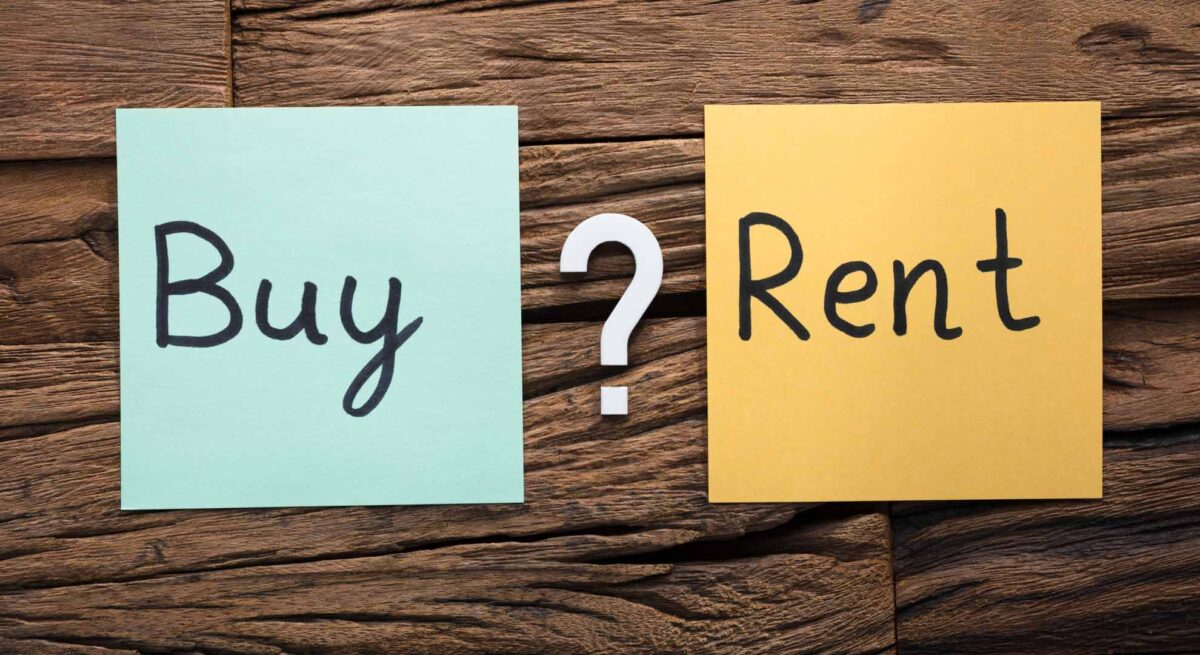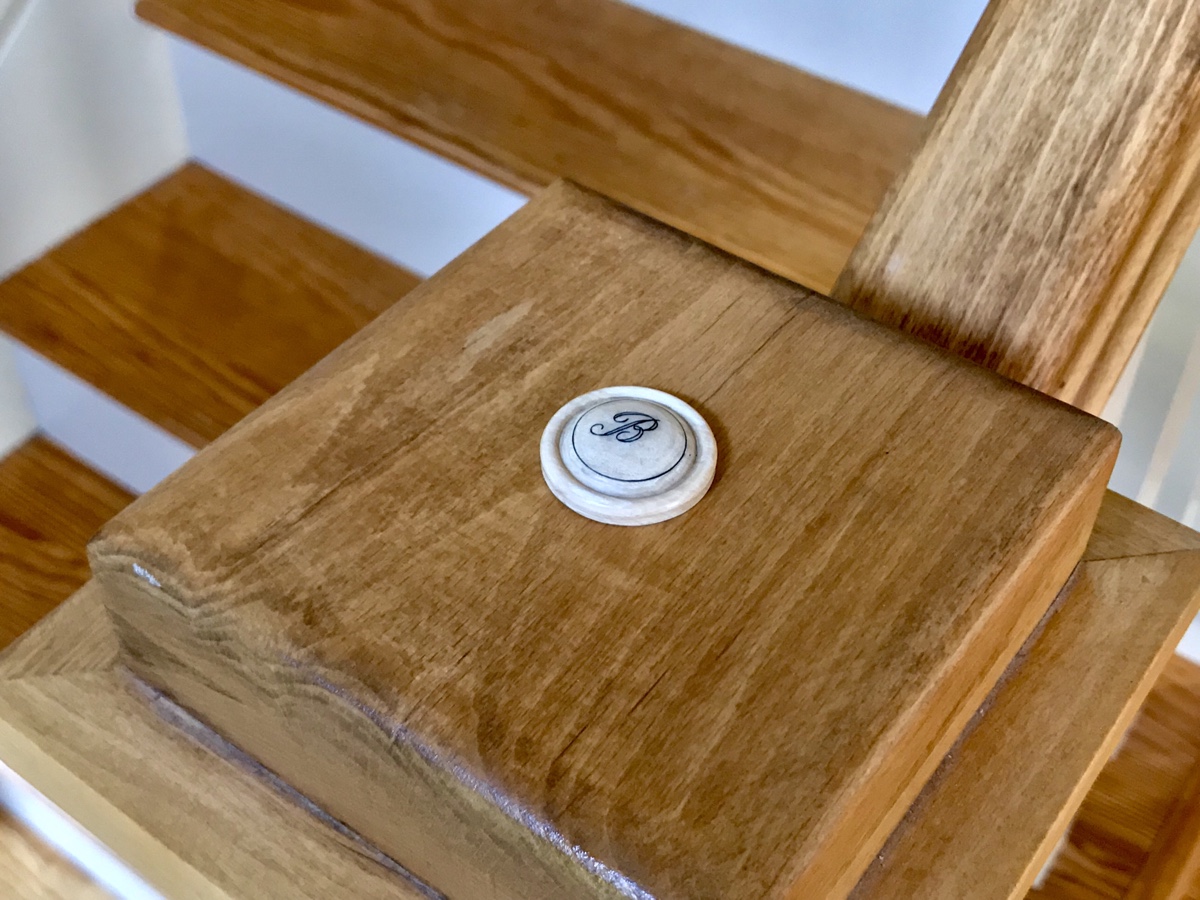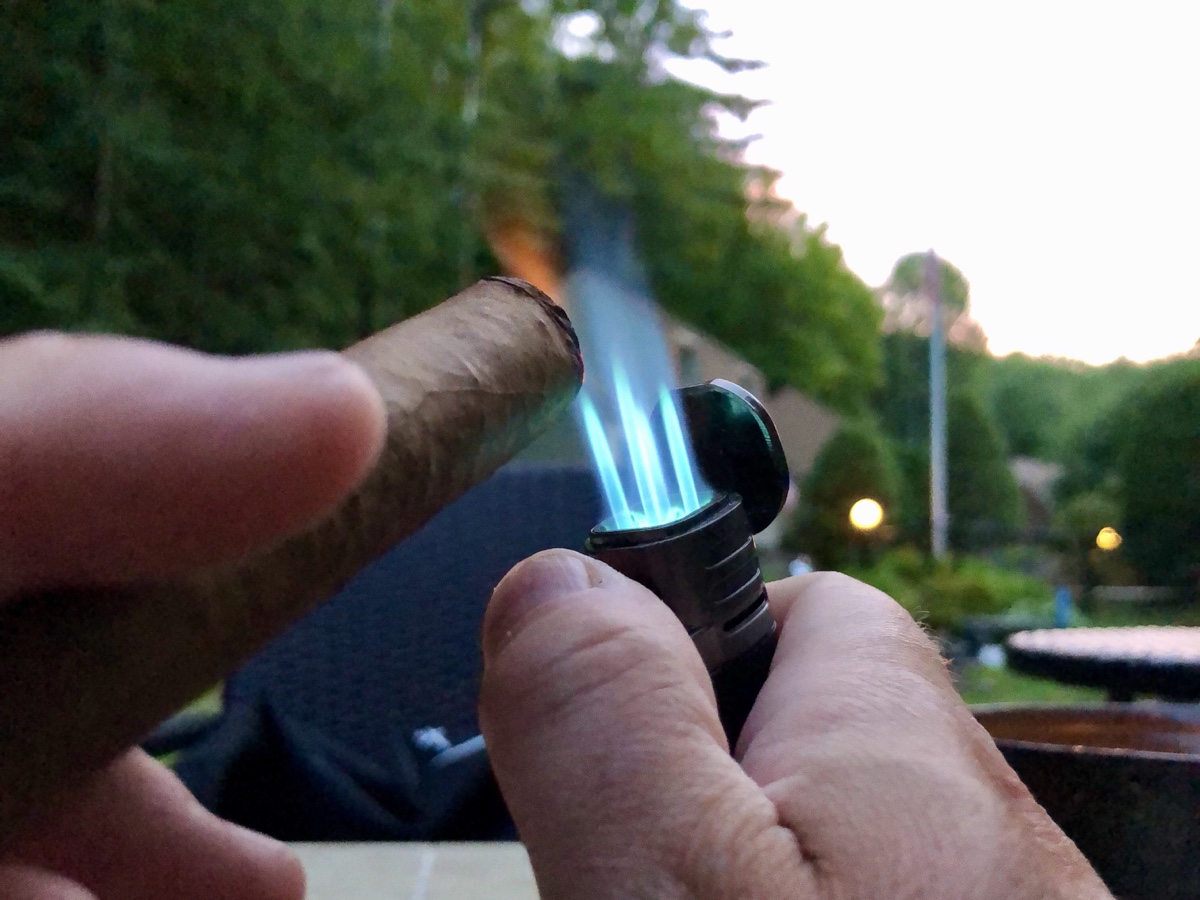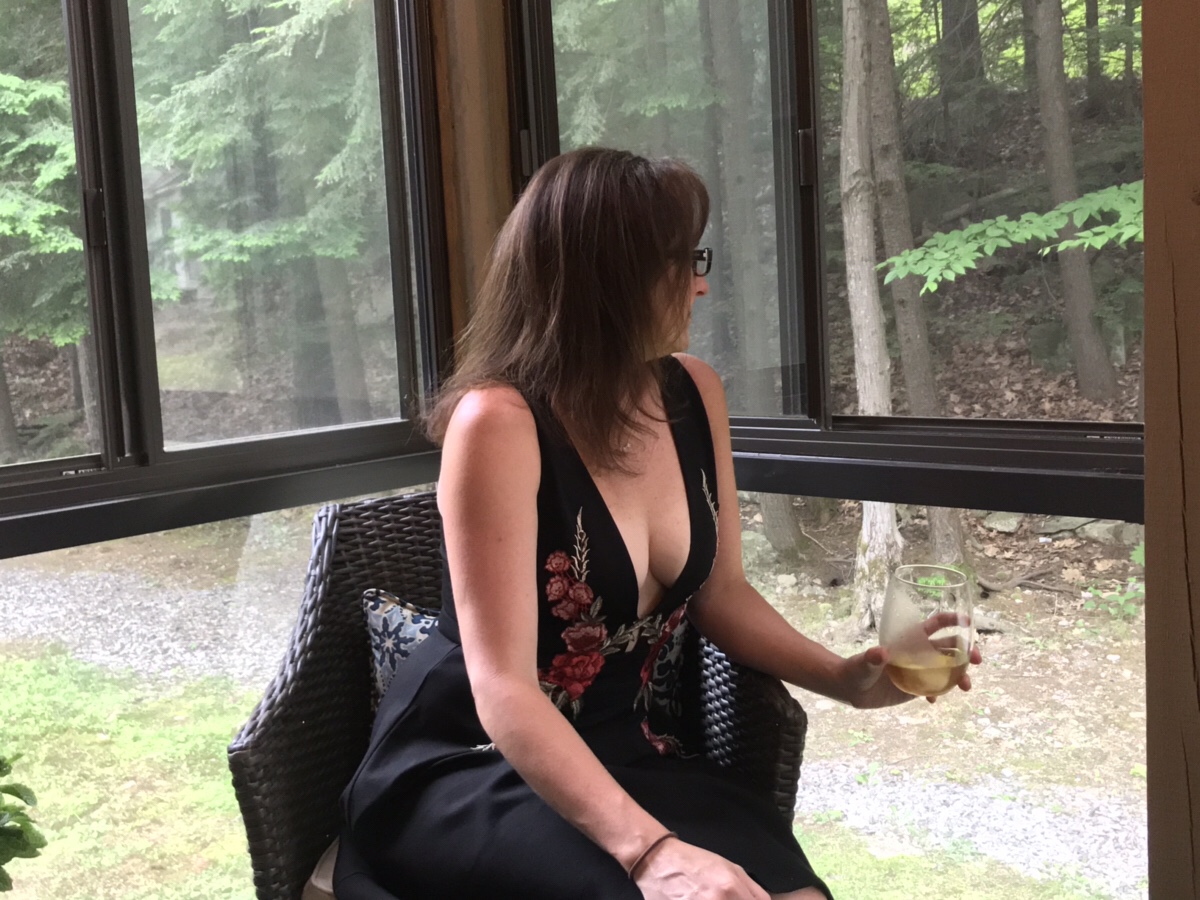I got tired of all the arbitrary rent a house versus own a home posts and comments in the world, with everyone spouting their opinion but really had very little information to back it up. I opened up my excel sheet and went to work.
I ran the numbers via made up data and also real world data using my personal experience (as a home owner for 20 years using my real world relevant numbers).
In almost every scenario it was better to own than to rent.
Yes, you read that right.
Ownership has its perks.
Rentals do have their place but it truly depends on time frame (how long you will live there) and the size of the rental. Of course you can rent a much smaller place than a house you may purchase, but that’s not comparing apples to apples now is it? On the same note, you can always purchase a smaller home and rent a bigger place. So we need to compare like units.
We can also compare not like units.
There are a few articles showing where it is more expensive to rent than to own by state:
But I’m not sure if that takes in account the taxes and insurance. Of course it also means you needed money for a down payment. What if you rented and invested the down payment instead? How does that work out?
I did the math.
Here are my real world assumptions
Home Ownership
- Purchase Price: $184,400.00
- Taxes: $5,500.00
- Insurance: $1,100.00
- Mortgage Rate: 6.125%
Rental
- Rent for similar place: $1,400.00
- Expected Inflation Rate: 1.6%
- Historic Investment Rate: 7%
- Assume we invest the down payment instead
Here is a little background information on the numbers above. My first house purchased in 1999 we purchased for the above $184,400. It was a nice starter neighborhood and it was all we could afford… Literally. The day we signed on the house and all the checks were cut we had $900 left to our name. We wanted to back out of it actually but our realtor kept us on track and pulled us through. Thank you realtor lady. It was the best purchase and decision ever.
I don’t remember the insurance that well, but $1,100 sounds about right.
As for the rent, my parents owned and were renting a house of very similar size and location (one town away and out of the city) for $1,400. We rented this house after we sold our first one and waited for a new home to be built in the countryside.
Let’s crunch those numbers:
20 years later….
Using the above inflation calculations, in 20 years that $184,400 house should be worth: $263,461.09
And that’s actually about right. The houses in that area are currently selling a hair above $300k right now. So the inflation number is a conservative estimate.
Rent on the other hand would have increased from $1,500 to $2,000 a month. That’s about right currently for the area too, if also a little low, but I see comparable homes going from $2,000 to $2,200 a month.
So over 20 years how does it work out:
Mortgage + Taxes (w/ inflation) + Insurance (w/ inflation) totals:
$372,330.81 cost over 20 years
Rent over 20 years
$407,367.53
So the rent is costing me more, but what if I took my down payment that I didn’t use and put it into the stock market at 7% annually? Then I would make back $142,713.96
Leaving me with a total rental cost of only: $264,653.57
Using these numbers, renting is the better option. By renting I would have saved $107,677.24 over owning.
Now let’s consider the equity and home value increase
Equity in the home after 20 years will equal: $67,580.79 from your mortgage payments alone, include your down payment and you have $104,460.79 in your house if you sell it for what you paid. Just like the market, your home also has gone up in value over the years and if we increase your home value via the same inflation rate, after 20 years it will now be worth: $263,461.09, and increase in overall value of $75,061.09
Break it down for me please!
| Years | Not Including Equity | Include Equity Home Equity | Include HomeValue Increase | Renter Doesn’t Invest Down Payment |
| 10 | Rent | Rent | Own | Own |
| 20 | Rent | Rent | Own | Own |
| 30 | Rent | Rent | Own | Own |
| 40 | Own | Own | Own | Own |
| 50 | Own | Own | Own | Own |
| 60 | Own | Own | Own | Own |
If you are going to own a home for less than 30 years and you have a down payment to invest that you will invest, then you are better off renting.
This is really the key take away. You must invest your down payment for this to work. If you don’t, then you start out in a losing position. Here is the thing: If you ask any financial planner they will tell you that almost no one will do that. There is always something people tend to spend their money on.
The key to home ownership is actually owning your home!
If we can assume that a renter will invest their down payment, then we can also assume that a home owner can invest their mortgage payment after they are done paying their mortgage.
So despite the renter having a 30 year head start, due to the mortgage payment not increase, but rent is increasing, the home owner can actually catch up.

Of course after this post was written, I came across this:
https://www.nytimes.com/interactive/2014/upshot/buy-rent-calculator.html
It’s a calculator to let you know at what rent price you need to find to make it affordable over buying. Their numbers show renting at a much lower rate than mine (of course I’m assuming you invest the extra also) and while I can’t peek behind the curtain on that site, here is the excel sheet I put together
Download, use and enjoy!
Summing it up
If you’re going to move every 5 years for a job, then rent. But eventually owning your own home – the key word is owning – is far more advantageous over the long term than renting. Don’t buy a larger home than you need and you will be set for retirement.




